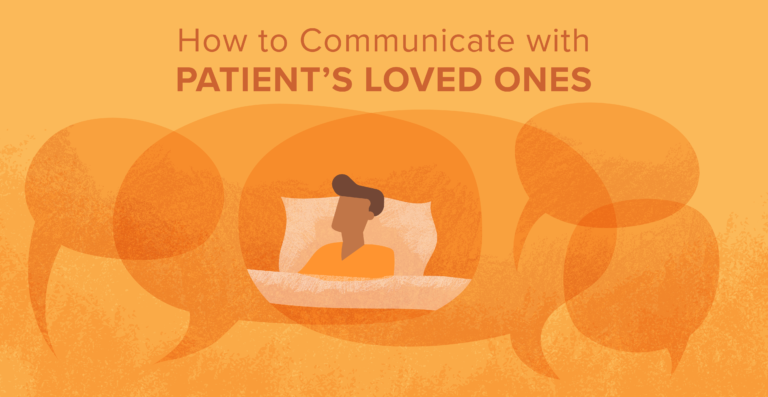As a nurse, you may find yourself talking to a patient’s loved ones more than the patient themselves. If a patient is undergoing surgery or dealing with a painful medical condition, there’s a good chance that you’ll have to talk to the patient’s relatives and help them make sense of a difficult situation. This can lead to all sorts of complicated encounters. Emotions may run high, people may not be thinking clearly, and there’s only so much you can do to improve the situation. Learn more about how to deal with the concerns of a patient’s relatives and how the internet and other healthcare policies have led to rising patient expectations.
Rising Expectations for Healthcare
In the age of the internet, people have started taking healthcare into their own hands. If someone is sick or knows someone with a medical condition, they can easily start researching the situation online and learning all kinds of accurate or inaccurate information. When you interact with the patient’s relatives in a hospital or doctor’s office, they may have their own idea of what’s going on and what kind of treatment their loved one needs.
Considering the average emergency room visit in the U.S. costs around $1,233, the financial pressure of the situation can complicate matters. A patient’s relatives may have unrealistic expectations even if the patient’s chances of survival are slim to none. But, as a healthcare provider, there’s only so much you can do.
Focus on the Results
In the situations mentioned above, you may have to correct inaccurate information coming from a patient’s relatives or try to help them understand the reality of the situation at hand. If a patient’s relatives are confused about the treatment process or they are holding onto something they read online, it may be best to simply focus on the results instead of trying to explain the details of the treatment process. Encouraging a patient’s relatives to forget something they’ve read online may be a futile task, so focusing on the health of the patient may be your only option.
With the high cost of healthcare in mind, some patient’s relatives may demand the world of you, but there’s only so much you can do. Try to explain the situation and all possible outcomes without being rude or curt. Even if the patient’s relatives have high expectations, you can only do your best to explain what’s happening in the present.
Listen and Make the Best of a Difficult Situation
Even if you’re unable to reach common ground with the patient’s relatives, you can do your best to listen to their concerns and react with compassion. Sometimes making the person feel heard is the most you can do. Pay attention to your body language during these interactions and try to be as open as possible. You don’t want the person to feel as if you’re too busy to hear what they have to say. Use these body language tips to make the right impression.
- Don’t fold your arms across your chest, keep them at your side.
- Maintain eye contact
- Keep your hands free and don’t fiddle with anything when talking to the patient’s relatives
- Meet them at their level, either sitting or standing.
If you practice your body language, be respectful of their concerns, and focus on the reality of the situation, you’ve done your part as a nurse.
